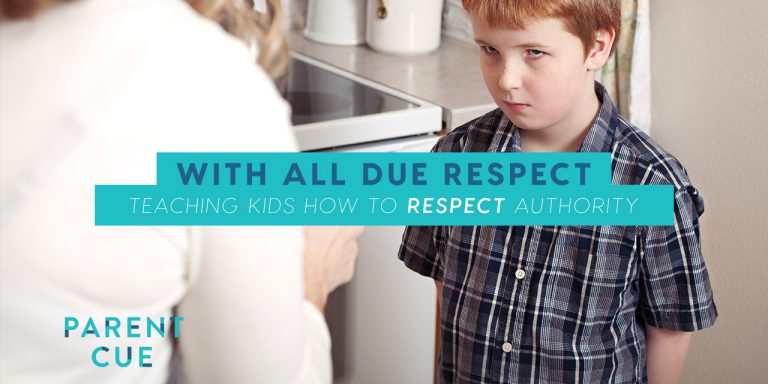
We are just a few weeks from school starting again and the pool is still just as enchanting now, as when it opened nearly two months ago. This is the first summer my boys are both confidently swimming and entertaining themselves, and so I am loving this new season of freedom.
This past weekend, we loaded up with the cooler, the pool bag, the inflatable raft, the circular tubes, the goggles, the towels, the books and the sunscreen, and made our way to the neighborhood pool where a new lifeguard was on duty. We unloaded our stuff, my boys patiently waiting at our circular table for the adult swim time to end.
“Your boys are going to have to do a swim test, so I can make sure they are okay to jump off the diving board and swim alone,” the lifeguard told my husband as he went back to the car to unload even more stuff.
This seemed a strange request.
We’re two months into summer, remember?
Okay, we agreed.
The only problem was the swim test wouldn’t happen until adult swim was over and that left a solid fifteen minutes of anxiety building time between the announcement of a swim test and the execution of a swim test. My boys, one in particular, started to become a bit of a head case. He takes after his mom—I myself was starting to sweat more than the temperature outside dictated.
“Can you show her a video of me going off the diving board so she knows I can swim?” My worry-prone boy asked. “Can you tell her how good I am and how old I am?”
“We can do all of those things,” we told him. “But the decision isn’t ours about the swim test. It’s hers.”
The moment of reckoning arrived. It felt like the climax of a Rocky movie. All eyes on the pool. My boys never looked so skinny and so vulnerable as they walked to the edge of the pool preparing to defend their dignity. They hopped in and their first task was to swim an entire length of the pool without touching the side or touching the bottom.
Now, I’ll admit, my kids can swim. But when I heard what they were being asked to do, I started to panic a bit. I was still pushing off the bottom of the pool when I competed on a swim team at eight years old! (Which explained why I never got a ribbon for placing but just for “competing.” (Apparently, pushing off the bottom mid-lap was frowned upon in the rules.) I held my breath as I watched them jump in and tackle the first task.
They did it.
On to the deep end where they had to tread water for 30 seconds without touching the sides. They began, and at the 28-second mark, my worry-prone boy bumped the side of the pool. “Start over!” the lifeguard said.
“Are you serious?!?” My husband asked/demanded/spouted.
It was ridiculous. It was clear he could do it. But start over? For another full 30 seconds? After already wearing himself out with the other tasks?
But he did it. And when the lifeguard released him to swim in the pool on his own, my son got out of the pool, walked over to the table where we stood and sat down.
“You can get in!” I cried. “You did it! Wow! That swimming was amazing! I knew you would do it. I am always so impressed with how well you swim.” On and on I went, piling accolades onto a non-responsive and angry looking little boy.
“It wasn’t fair,” he told me. “I know how to swim. And she made me start over. I don’t want to get in the pool at all.”
The truth was, he was right. It wasn’t fair. It felt demeaning. He was completely justified in his frustration and his emotion surrounding it. He felt like he had been made to look under-qualified in front of a watching pool, and it was humiliating.
“You’re right.” We told him. “It wasn’t fair. I don’t think she should have asked you to start over. And it doesn’t seem fair that two months into summer she’s asking you to do it when you’ve been swimming on your own this whole time. It made you feel little and that’s a terrible feeling. You’re absolutely right.”
“But . . . ” we continued.
“She is in charge of the pool. She is the authority. And we don’t have to agree with what she asked you to do, but she deserves respect.”
I’ll admit, I was talking through a clenched jaw and elevated blood pressure. Because it’s possible if my boys weren’t there, I would have gone over and had a word with this power hungry teenager sitting pretty with her sunglasses and twirling her whistle. Which is why it’s probably better my kids sat out awhile so we could all simmer down.
It was one of those moments in parenting, when the words out of my mouth were not even close to matching the attitude of my heart.
Because this isn’t about the lifeguard. Not really. This is about a posture toward others—deserved or not, an attitude toward authority—rightfully earned or not, a respect toward others—who we agree with or not. It’s about lifeguards, and teachers, and principals, and pastors and imagine this, even politicians.
Respect is tricky. I speak from experience. Because respect can look passive, like you are rolling over and being timid. It can look a lot like a fear to speak up. And it can be those things. But I am not teaching my boys that kind of respect. Because I don’t practice that kind of respect. I want to raise boys who can recognize unfairness and injustices, who can see wrongs and mistakes and have issue with them. Who see them and who name them. But still honor the position that person who messed up holds, even while calling into question their behavior. Because you can do that, you know.
You can look your boy in the eye and say: “It wasn’t right, it wasn’t fair. I am sorry.” And then say: “But she holds an important position. Her job is to keep people safe. You just want to have fun, she wants to keep everyone alive. I don’t think she handled it the right way, but she isn’t seeing it like you are. She has a responsibility and wants to be able to say she did what it was her job to do.”
Respect the position of those in authority, I’ll tell my boys. And sometimes you may find yourself respecting the person too. Or at the very least better understanding why they act the way the do. You may not agree with them. You may think to start over with the treading of water is a terrible idea. But you get it. And that’s ultimately the goal of respect. To see the humanity in the one asking for it, but not seemingly deserving it. To honor the humanity, while not always agreeing with what’s being asked.
Eventually, we all got in the pool and enjoyed ourselves. We got over it. We laughed and we splashed and we rode our floats and forgot about all of it. Until the lifeguard blew the whistle, telling us to get off the rope separating the deep end from the shallow end. “it’s a liability,” she yelled.
And then, with all due respect, I started to wonder if maybe we ought to look at hiring a new lifeguard for the rest of the summer.
Source: The Parent Cue





